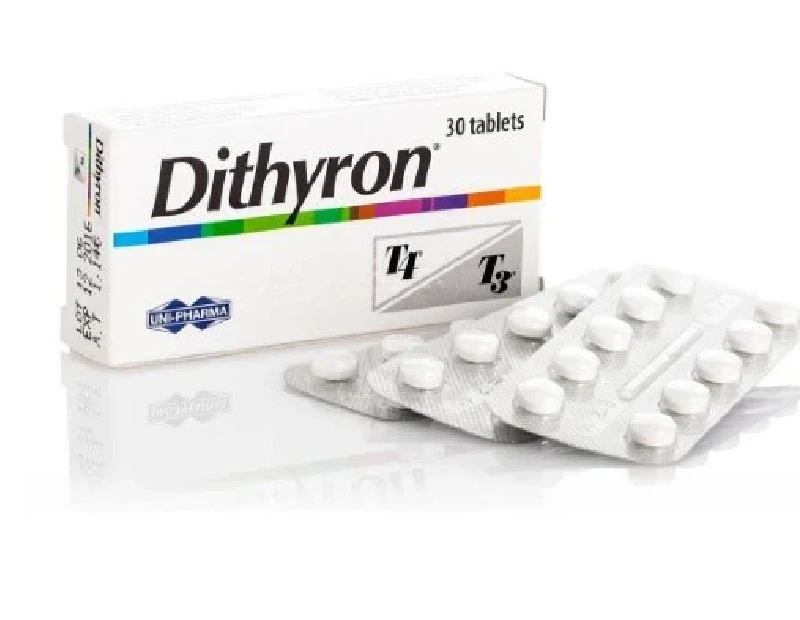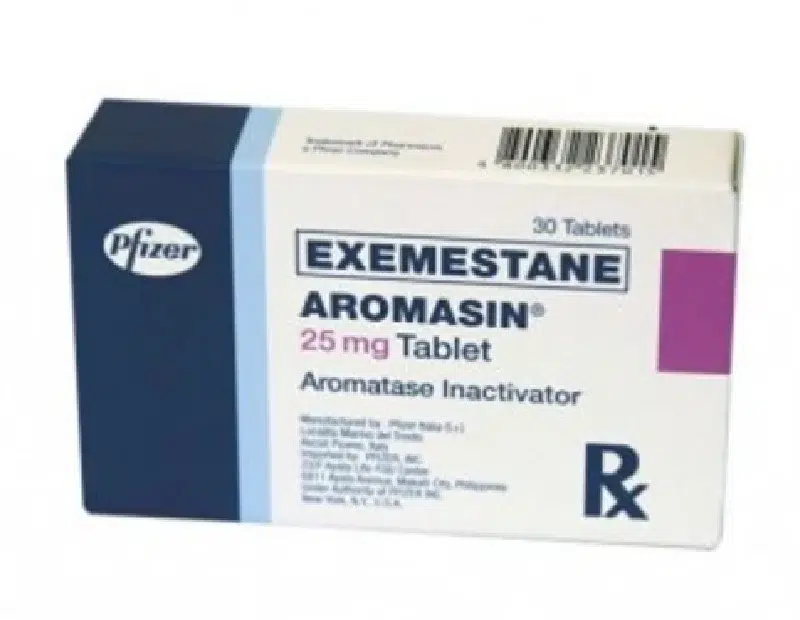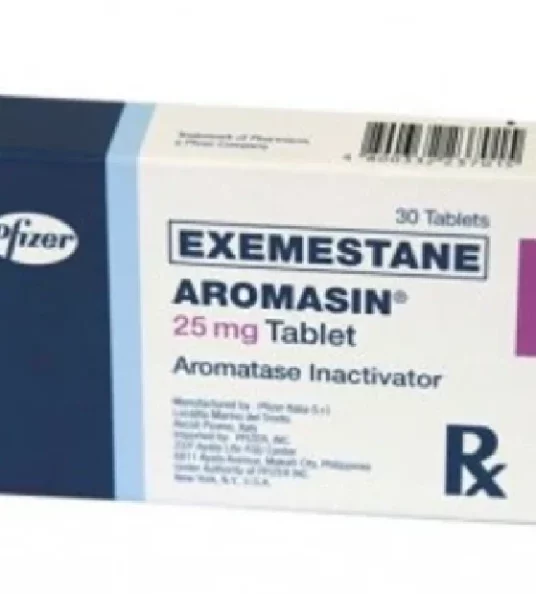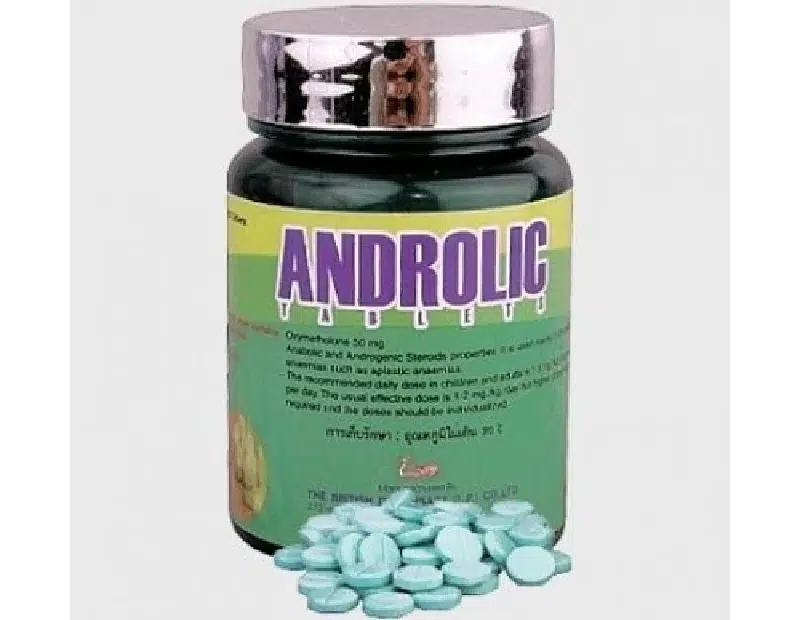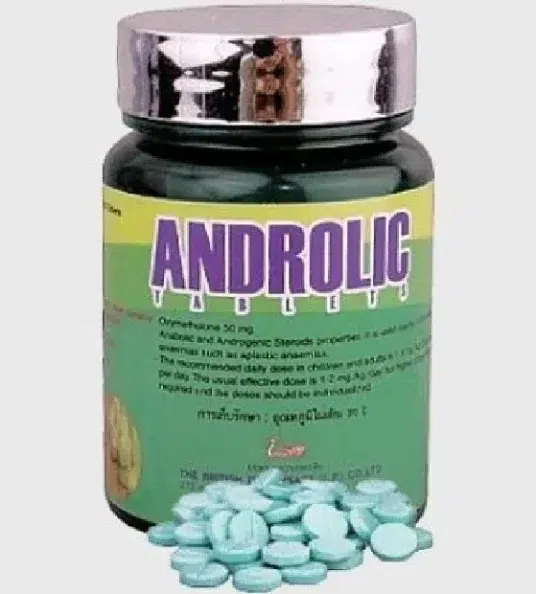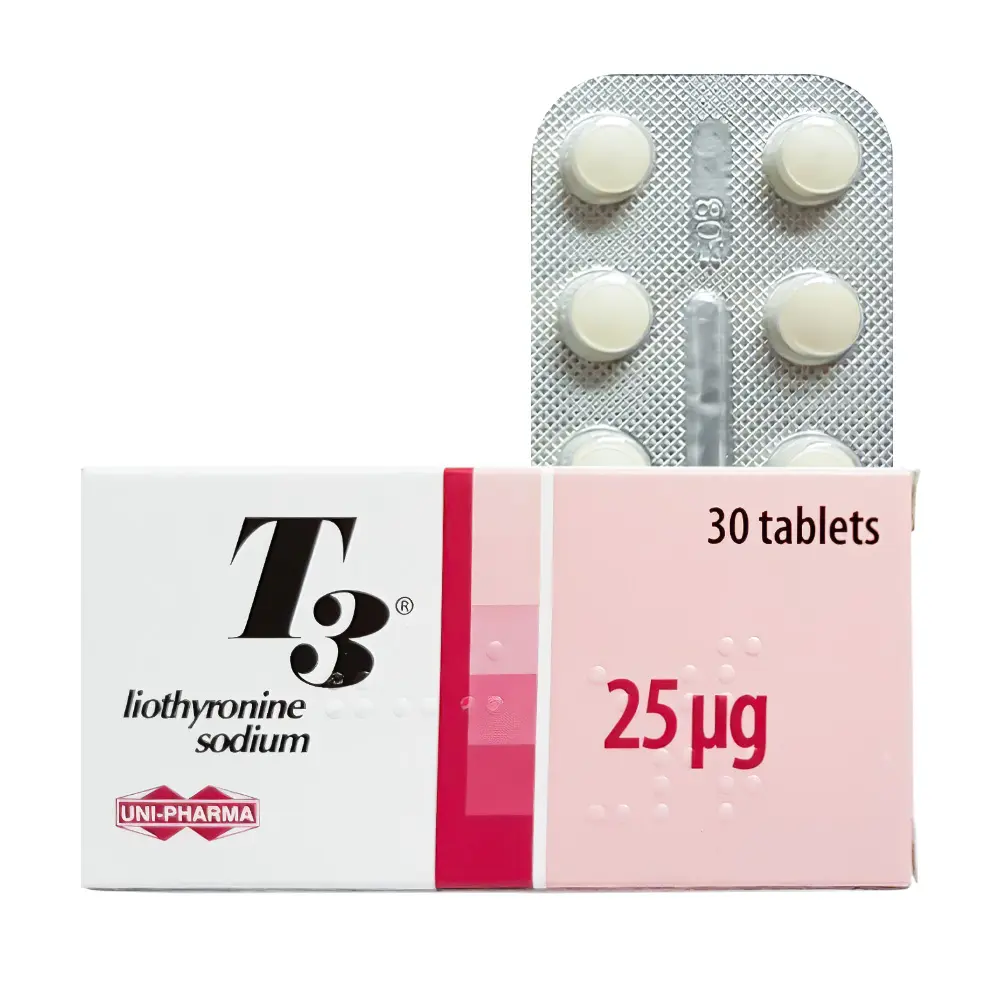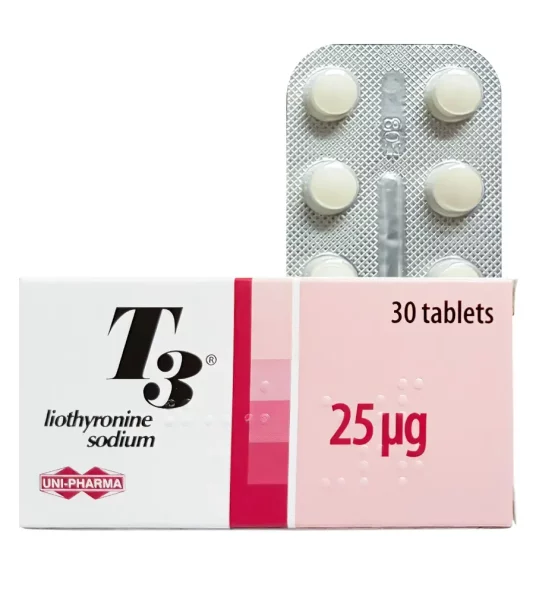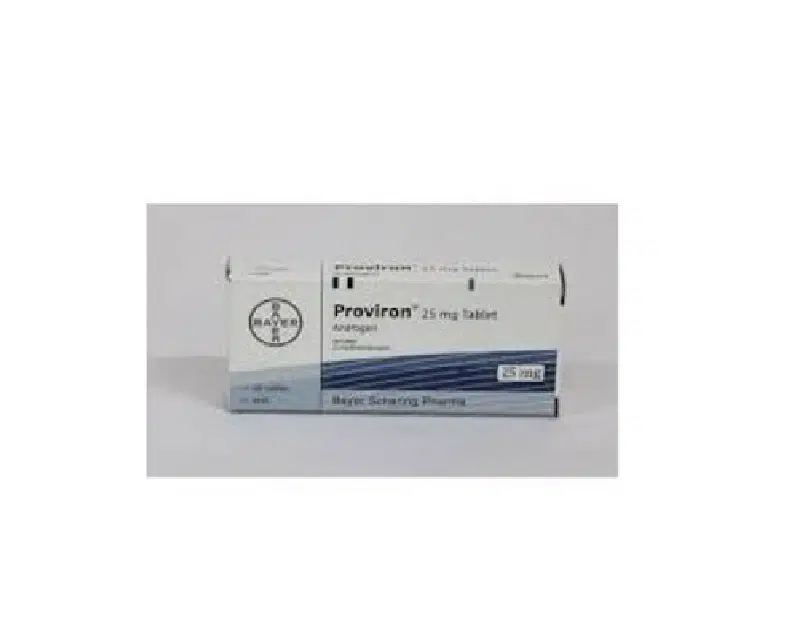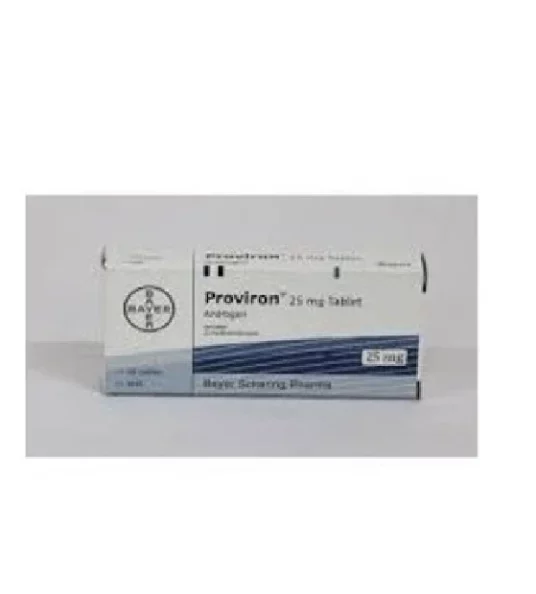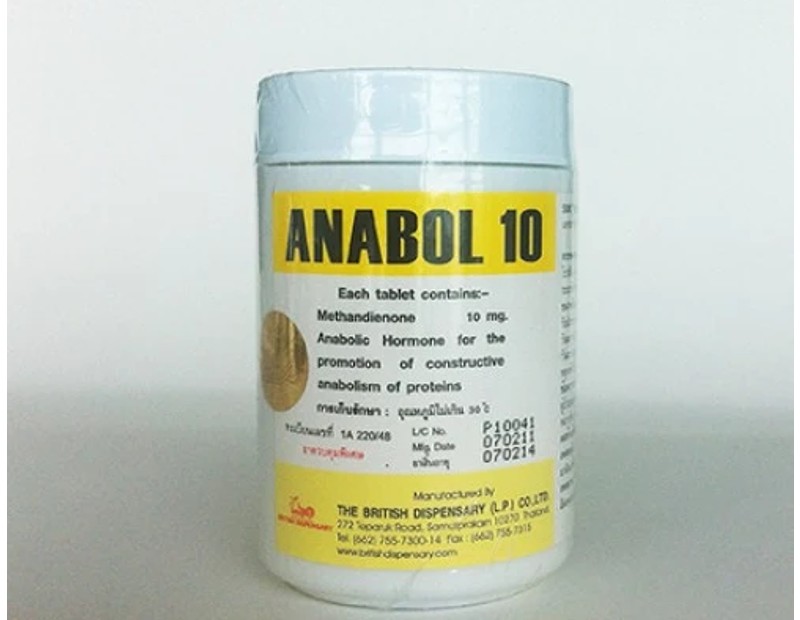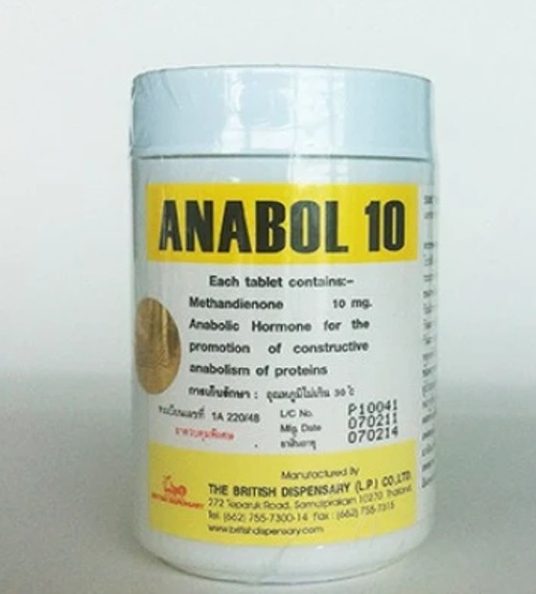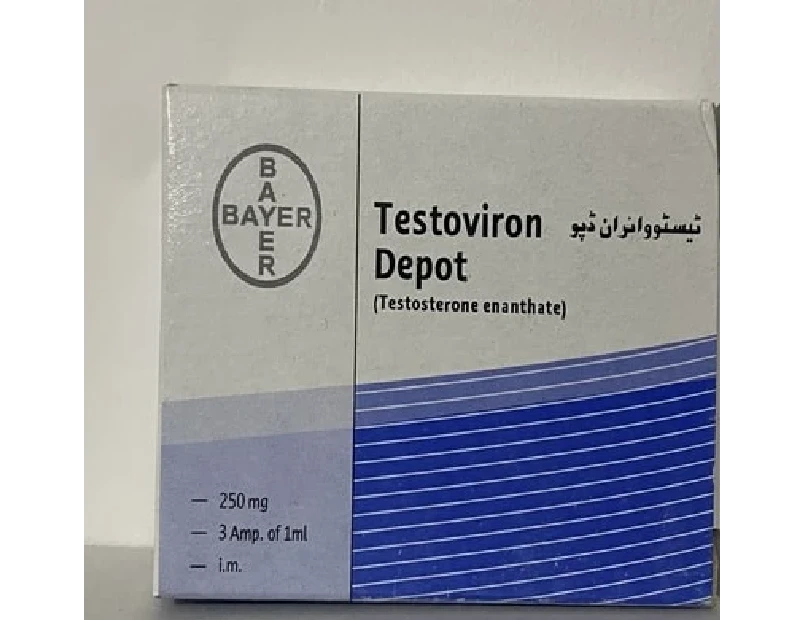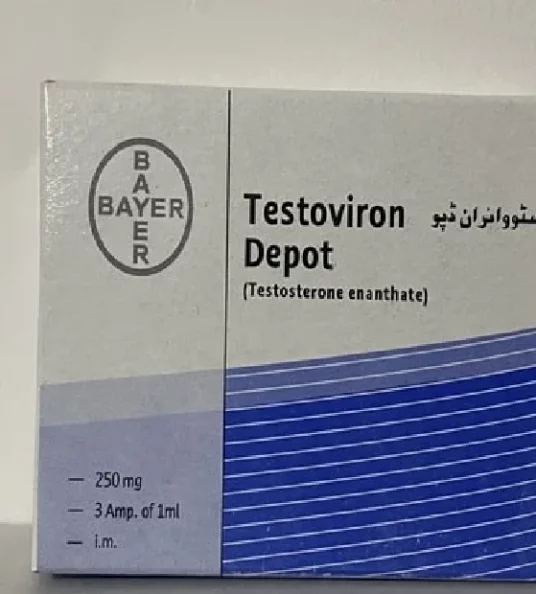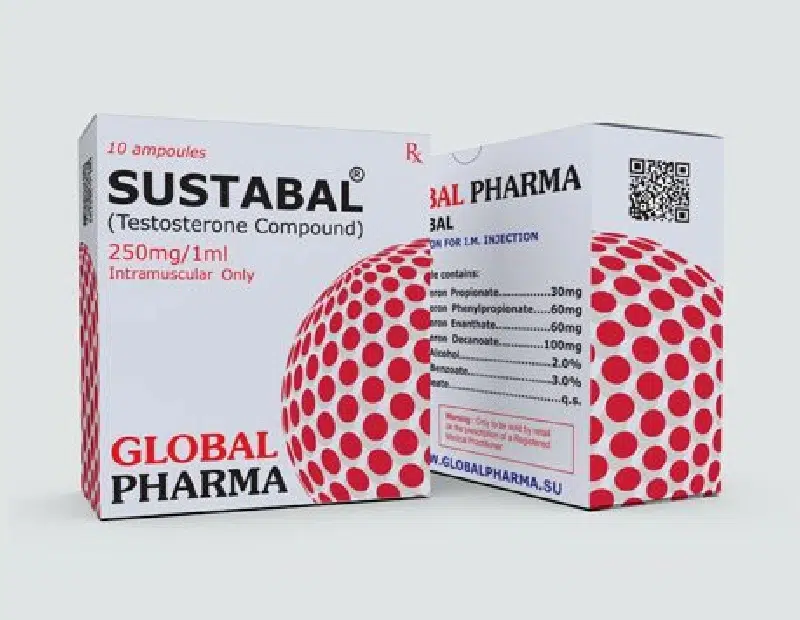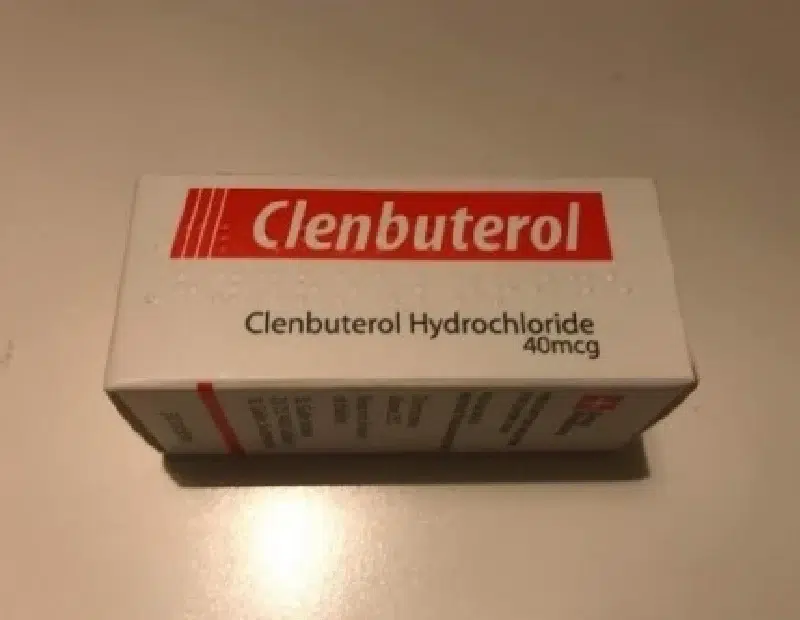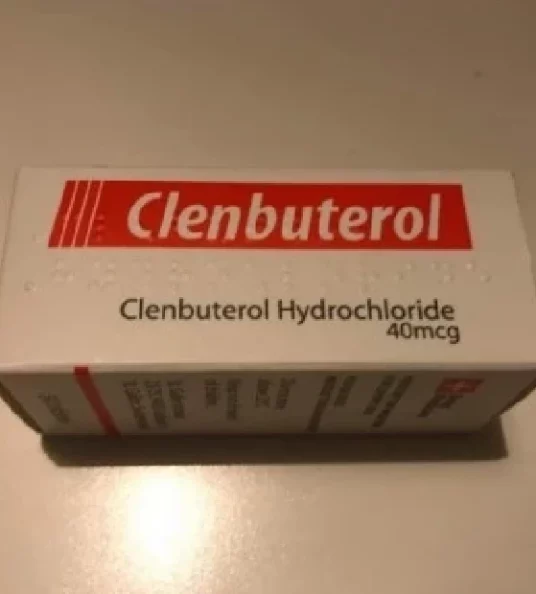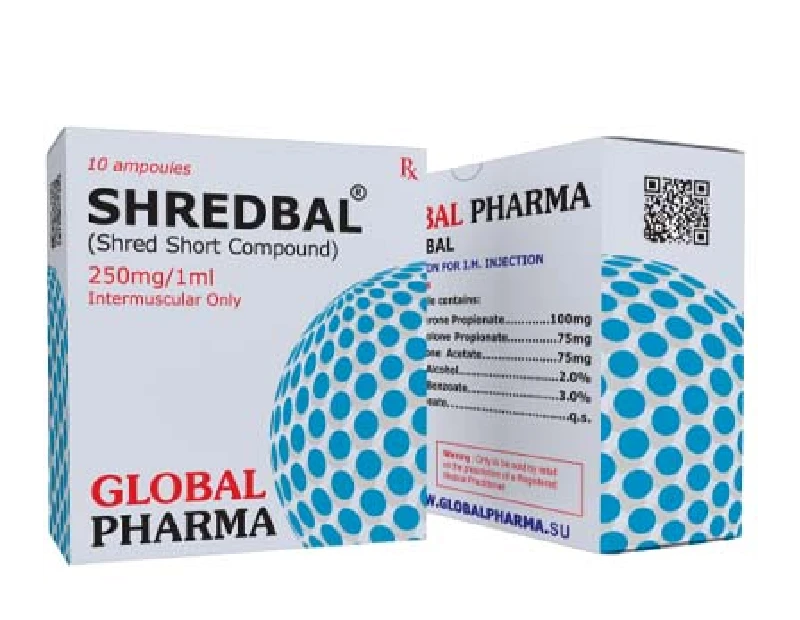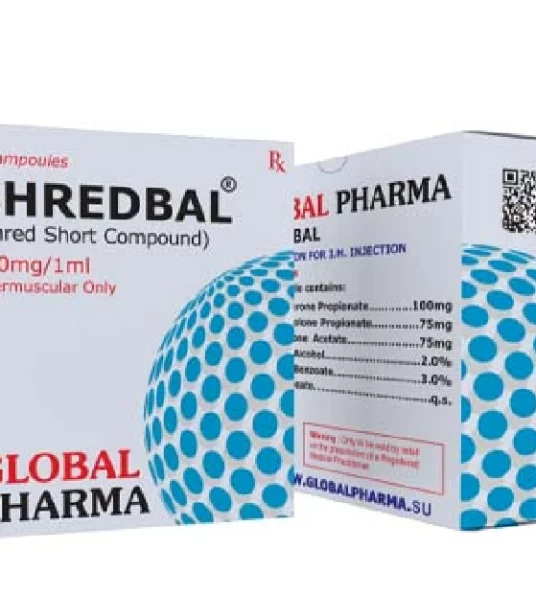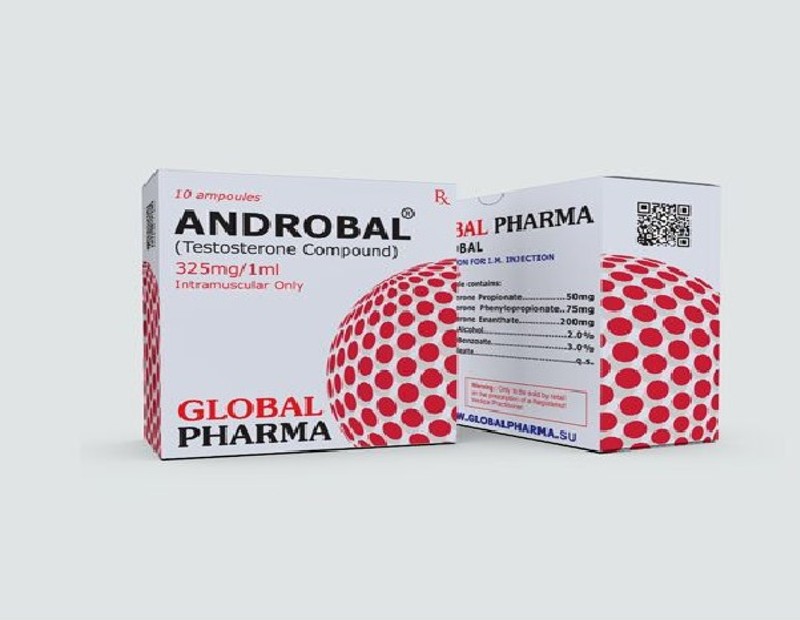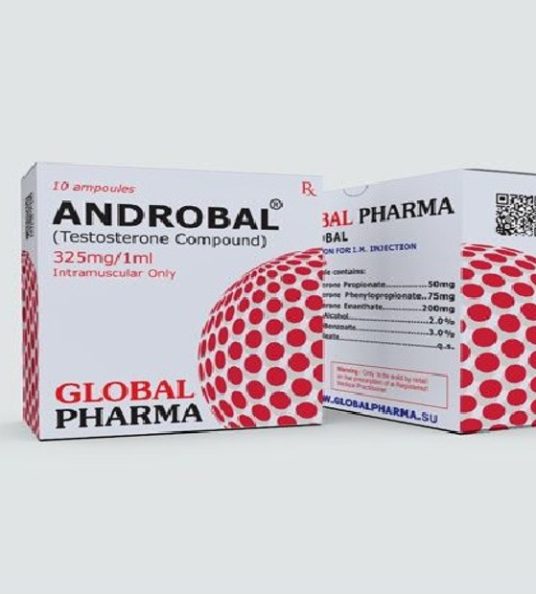Description
Dithyron T3/T4 (Pharma)
The natural formulation NP Thyroid (thyroid pills, USP) for oral administration is produced from swine thyroid glands. They include both tetraiodothyronine sodium Dithyron T3/T4 Pharma and triiodothyronine sodium (T3 liothyronine) per grain of thyroid, producing 38 mcg Dithyron (T4) and 9 mcg liothyronine (T3) (or per 65 mg of the labeled amount of thyroid). Calcium stearate, dextrose monohydrate, maltodextrin, and mineral oil are inactive components.
NOTE:
All prescription replacements and/or recommendations involving this medicine must adhere to all applicable state and federal laws. Please keep in mind that this is not an Orange Book product, and it has not undergone FDA therapeutic equivalence or another equivalent testing. There is no guarantee of generic status or bioequivalence. Each individual suggesting this product as a prescription substitute must do so based on their professional judgment and knowledge after analyzing the active components, excipients, inactive substances, and chemical information.
INSTRUCTIONS AND APPLICATIONS
INDICATIONS AND APPLICATIONS: NP Thyroid pills (thyroid tablets, USP) are used to treat the following conditions: 1. In patients with hypothyroidism of any origin, excluding temporary hypothyroidism during the recovery phase of subacute thyroiditis, as a replacement or additional medication.
Cretinism, myxedema, and ordinary hypothyroidism in patients of any age (children, adults, the elderly), or state (including pregnancy); primary hypothyroidism caused by functional deficiency, primary atrophy, a partial or total absence of thyroid gland, or the effects of surgery, radiation, or drugs, with or without goiter; secondary (pituitary), or tertiary (hypothalamic) hypothyroidism 2. In the treatment or prevention of many forms of euthyroid goiters, such as thyroid nodules, subacute or chronic lymphocytic thyroiditis (Hashimoto’s), multinodular goiter, and thyroid cancer. 3. In suppression tests to distinguish between presumed mild hyperthyroidism and thyroid gland autonomy.
Precautions
In a variety of situations when the integrity of the cardiovascular system, particularly the coronary arteries, is questionable, general thyroid hormones should be utilized with extreme caution. Patients with angina pectoris or the elderly, for example, are more likely to develop acute heart illness. Low dosages of NP Thyroid, such as 15-30 mg, should be started in these individuals.
Thyroid hormone dose should be lowered when a euthyroid condition can only be achieved at the price of worsening cardiovascular disease in such people. Thyroid hormone treatment exacerbates the severity of symptoms in individuals with diabetes mellitus, diabetes insipidus, or adrenal cortical insufficiency. The numerous treatment methods focused on these concurrent endocrine illnesses must be adjusted appropriately.
The treatment of myxedema coma necessitates the injection of glucocorticoids at the same time. The susceptibility to oral anticoagulants is reduced in hypothyroidism and increased in hyperthyroidism. In thyroid-treated patients using oral anticoagulants, prothrombin time should be constantly watched, and the dose of the latter drugs should be modified based on frequent prothrombin time tests. Excessive thyroid hormone preparations in babies can cause craniosynostosis. utilized
WARNINGS
Obesity has been treated with drugs that operate like thyroid hormones, either alone or in combination with other treatments. Doses within the range of daily hormonal needs are unsuccessful for weight loss in euthyroid people. Larger dosages can cause significant or even fatal toxicity, especially when combined with sympathomimetic amines like those used for anorectic effects.
Thyroid hormones, alone or in combination with other medicines, have been demonstrated to be unsuccessful in the treatment of obesity. Their use in the treatment of male or female infertility is also not warranted unless the illness is followed by hypothyroidism.
Side Effects
Other than those associated with hyperthyroidism, adverse effects due to therapeutic overdosage, either at the start or throughout the maintenance phase, are uncommon.
Dosage
Thyroid hormone dose is defined by the indication and must be tailored in every case based on the patient’s reaction and test findings. Thyroid hormones are taken by mouth. When oral delivery is neither possible nor desired, such as in the treatment of myxedema coma or during complete parenteral nutrition, injectable Dithyron sodium can be administered intravenously. Because of reports of poor absorption, intramuscular injection is not recommended.
Hypothyroidism-Therapy is normally started with modest dosages, with increases based on the patient’s cardiovascular health. The normal beginning dose of NP Thyroid is 30 mg, with 15 mg increases every 2 to 3 weeks. In patients with long-term myxedema, a lower beginning dose of 15 mg/day is indicated, especially if cardiovascular impairment is anticipated, in which case extra care is advised. Angina is a sign that you should cut back on your medication.
The majority of people require 60 to 120 milligrams each day. Failure to react to 180 mg dosages indicates a lack of compliance or malabsorption. Normal serum Dithyron T3/T4 Pharma and triiodothyronine (T3) levels are normally achieved with maintenance doses of 60 to 120 mg per day.
After 2 to 3 weeks of treatment, normal TSH and T4 levels are frequently achieved. After thorough clinical and laboratory assessments, including blood levels of T4, bound and free, and TSH, thyroid hormone dosage should be adjusted within the first four weeks of therapy. During radio-isotope scanning operations, T3 may be preferred over Dithyron (T4) because induction of hypothyroidism is more sudden and can last for a shorter period. When impaired peripheral T4 and T3 conversion is suspected, it may also be preferred.

